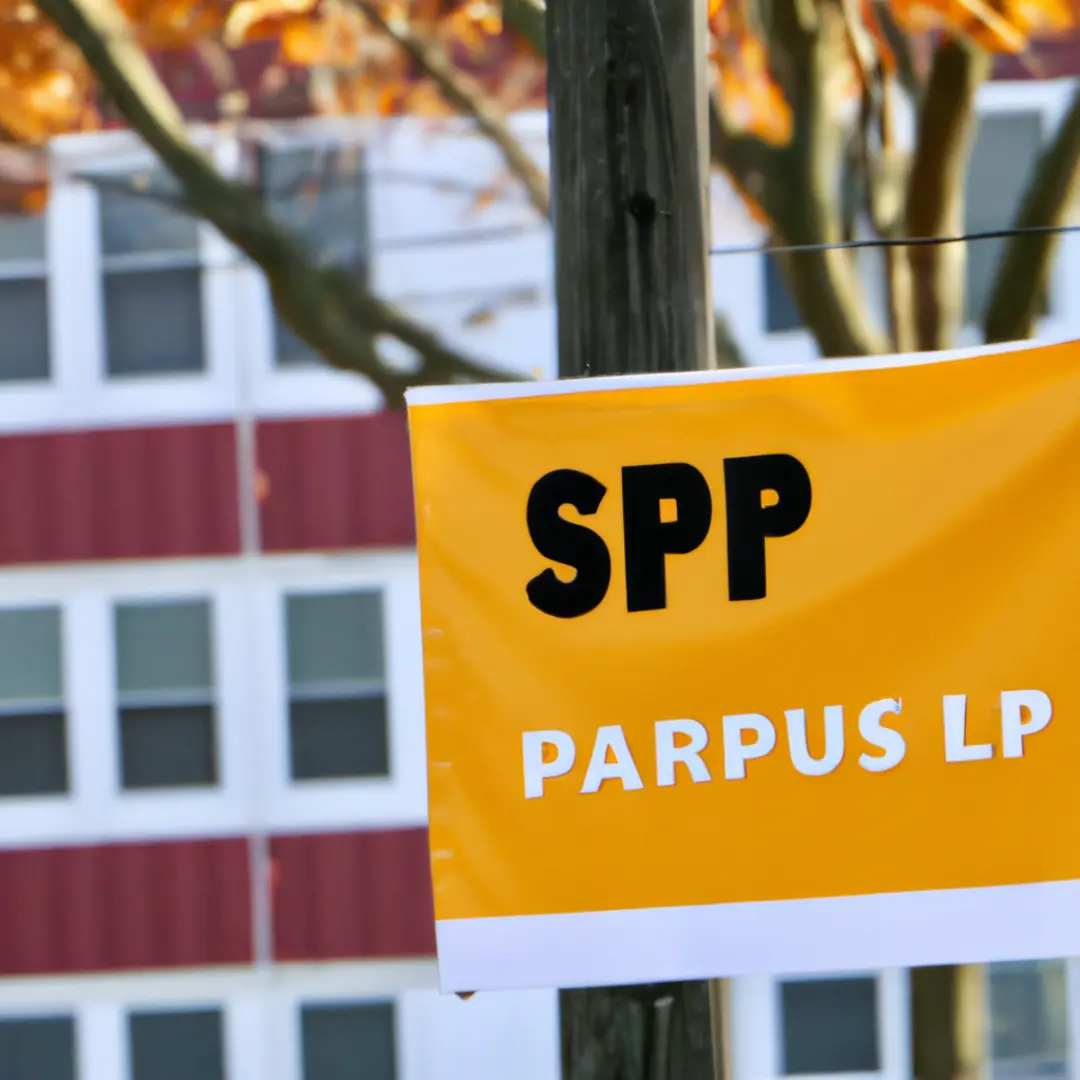Table of contents
- The Basics of Startup Licensing Explained
- Understanding Licensing Needs and Seeking Advisors
- Navigating Industry-Specific Licensing
- Acquiring the Licenses Your Startup Requires
- Protecting and Licensing Your Intellectual Property
- Compliance in an Online and Digital World
- The Central Role of Licensing in Successful Startups
- Take Away for Startup Founders
The Basics of Startup Licensing Explained

Every startup must secure the necessary licenses and permits as part of their legal requirements. Not only does licensing safeguard startups by ensuring regulatory compliance, but it also protects customers.
Ignoring this critical aspect of the startup journey can lead to dire consequences, including huge fines, brand damage, legal battles, and, in worst-case scenarios, the closure of the business. Therefore, prioritizing licensing from the get-go is paramount in avoiding potential hurdles.
Startups may require various types of licenses, ranging from basic business licenses, industry-specific licenses (such as health and wellness, technology, food and beverage), intellectual property licenses, online business licenses, and international licenses.
Understanding Licensing Needs and Seeking Advisors

Researching is the first step towards understanding the specific licenses your startup needs. By tapping into associations, legal resources, and government agencies, startups can gain a comprehensive understanding of their licensing needs.
Government bodies often provide insights into licensing prerequisites, including application forms, guidelines, and contact details for further help. For startups, this is a rich source of information to assist in determining the licenses required to run their business legally.
Legal advice is essential for startups trying to navigate licensing. Attorneys who specialize in startup licensing can provide expert advice, review contractual agreements, and steer startups towards full compliance with all relevant rules and regulations.
Navigating Industry-Specific Licensing

Different industries demand various licensing needs. Food and beverage startups, for instance, must meet licensing requirements that include health department certifications, liquor licenses, and food safety permits.
In contrast, technology and software startups usually grapple with licensing agreements, intellectual property protection, open-source licenses, and securing software distribution licenses.
Health and wellness startups must acquire licenses related to healthcare, fitness, or holistic operations. Thus, adhering to health and safety statutes, obtaining certifications, and professional licenses is crucial to earning customers’ trust.
For startup businesses that focus on sustainability, acquiring relevant environmental licenses, certifications, or permits are crucial. These licenses often involve compliance with energy usage, waste management, and emissions regulations.
On the other hand, financial services startups must comply with a raft of licensing requirements put forth by financial authorities or the Securities and Exchange Commission. For these startups, complying with licensing exams, anti-money laundering regulations, and transparent disclosure is non-negotiable.
Acquiring the Licenses Your Startup Requires

Obtaining the necessary licenses requires a systematic approach:
- Identify the specific licenses required for operation in your jurisdiction.
- Complete the application forms and gather the relevant documentation.
- Submit your application to the relevant government agency or licensing board.
- Pay the accompanying fees.
- Wait for the review process, including approval, to be completed.
- Once approved, prominently display your business license at your place of operation.
Zoning laws are critical to understanding where certain businesses can operate. As such, ensuring that your startup’s location is in compliance with these laws is vital. On the other hand, additional permits like sign permits or building permits might be required as well.
Licensing requirements can vary greatly from federal to state and even local jurisdictions. Therefore, understanding these variations ensures full compliance at every level. Moreover, adapting to all changes in regulations that could affect your licensing status is crucial.
Protecting and Licensing Your Intellectual Property

Intellectual property (IP) encompasses all creations of the mind, such as copyrights, trademarks, inventions, and even trade secrets. It’s important, therefore, for startups to understand their IP rights and how to protect and license them.
Protecting your IP involves:
- Identifying your startup’s valuable IP assets.
- Conducting in-depth research to ensure your IP isn’t infringing on others’ rights.
- Filing for trademarks, patents, or copyrights to secure legal protection.
- Setting up internal controls to protect trade secrets and confidential information.
- Creating licensing agreements that let others use your IP while still maintaining control over its usage.
Licensing IP can prove to be a strategic revenue generator for startups. Negotiating licensing agreements ensure your rights are protected while they also secure fair compensation for the use of your IP by external parties.
Compliance in an Online and Digital World

Online businesses must comply with industry-specific and jurisdictional regulations. Data privacy laws, consumer protection regulations, and online advertisement guidelines are among the most common online regulation requirements.
E-commerce startups must consider licensing requirements concerning secure transactions, online payment processing, and consumer protection laws. They need to familiarize themselves with the relevant rules and secure any required licenses or certifications.
Startups handling user data must prioritize data privacy law compliance. It’s important to introduce apt security measures, secure data protection certifications where necessary, and make sure your privacy practices are evident to all users.
The Central Role of Licensing in Successful Startups

Integrating licensing requirements into your business plan is essential in ensuring that resources and timelines are allocated properly. It demonstrates to partners and potential investors that you have thoughtfully considered and accounted for compliance and relevant licenses.
Obtaining licenses only marks the beginning of the licensing journey; Monitoring all the relevant expiration dates of licenses, renewals, and any changes in the regulatory landscape is inherent in maintaining legal compliance. Regular surveillance is mandatory to avoid penalties or even the loss of business licenses.
Staying informed about any changes in licensing regulations that may impact your startup is crucial. Industry newsletters, government updates, and legal consultation are among the ways to ensure that you’re on top of the latest requirements.
Take Away for Startup Founders

Have we mentioned just how important licensing is for the success of a company? Licensing is paramount to the success of all startups; it ensures compliance, offers protection for intellectual property, and fosters customer and partner trust.
See licensing as a critical business step rather than an unnecessary bureaucratic hassle. Knowing and abiding by licensing requirements is, in essence, investing in your startup’s future success. It provides a solid foundation for growth and steers clear of potential legal issues.




